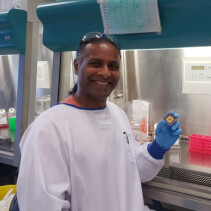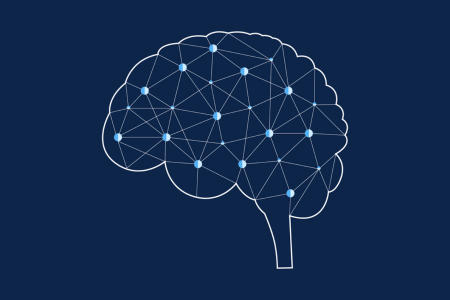
Professor Charles Unsworth
Associate Investigator
- Phone:
- +64 9 923 2461
Address:
Uniservices House
Building 439
Level 3, Room 335
University of Auckland
70 Symonds Street
Auckland 1010
Biography
Charles was the recipient of a prestigious Royal Society of New Zealand James Cook Research Fellowship and an Adjunct Professor of Neural Chip Technology at Tampere University in Finland in 2020. He is an Associate Investigator at the MacDiarmid Institute and has been involved in and received > $20M competitive research funding from the Ministry of Business, Innovation and Employment, the Health Research Council and Royal Society of New Zealand as well as $48M Tertiary Education Commission (CoRE) funding. Recently, he established and directs a multi-disciplinary Centre of Neural Engineering & Cell Technologies (CoNECT) consisting of 50+ members from the Faculties of Medical Health Sciences, Science and Engineering.
Research interests
Charles' group's research is centred around understanding the basic science of communication that occurs in the brain. They achieve this by combining both the fields of 'Cell Patterning' and ‘Multi-Electrode-Arrays’(MEAs) which are concerned with arrangement, control and stimulation/recording of human brain cells on silicon chip. By applying novel biomaterial cell patterning approaches and laser ablative microsurgery they organise and prune cell networks to a high fidelity. This has enabled his group to create a transformative chip technology allowing for the construction of precise large-scale regular grid networks of human brain cells on chip, which are individually addressable, electrically and photonically, at the cellular level, such that communication can be mapped accurately from the single-cell level to large network scales. This platform technology will allow for the mapping of signal propagation in real neural networks from the single cell level through to large network scales. The novelty is that they organise the neural cells into regular grid arrays so that communication can be more effectively and repeatably studied. The technology aims to provide new knowledge into debilitating human neuropathologies such as epilepsy, stroke and brain cancer and to provide a silicon chip platform technology to facilitate broader neuroscientific discovery. This work has been funded by the Royal Society of New Zealand's Marsden Fund and the Health Research Council.
You do a lot of deconstruction, but from it you can reveal very powerful insights into the mechanisms and processes that make things behave in the way they do, in our case these are the fundamental workings of how networks of brain cells communicate.
Professor Charles Unsworth
In the news

Annual Report
Funding successes - Annual Report 2021
May 9, 2022
Funding successes for our investigators and their research programmes during 2021. This funding enables our researchers and collaborators to continue their breakthrough research in advanced materials and nanotechnology.

Annual Report
Rethinking computing and communication, by combining cell biology with nanotechnology
May 6, 2022
Systems that blend biology with electronics could answer some big questions.

Annual Report
Funding successes - Annual Report 2020
March 24, 2021
Funding successes for our investigators and their research programmes during 2020. This funding enables our researchers and collaborators to continue their breakthrough research in advanced materials and nanotechnology.

Annual Report
Funding successes - Annual Report 2019
May 26, 2020
Funding successes for our investigators and their research programmes during 2019. This funding enables our researchers and collaborators to continue their breakthrough research in advanced materials and nanotechnology.

Annual Report
Awards - Annual Report 2018
April 8, 2019
This article from our 2018 Annual Report provides information about the range of awards received by MacDiarmid Institute Investigators over the past year.


